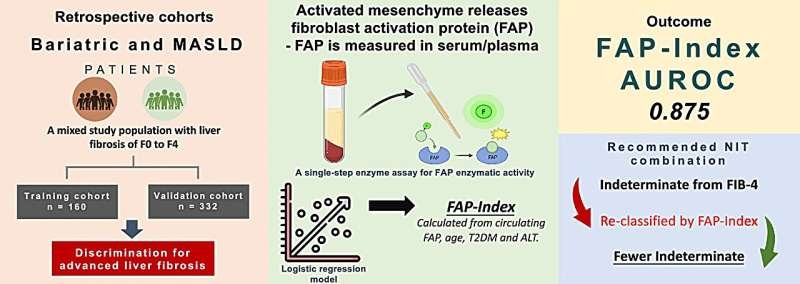Quantitative POC Test Diagnoses and Monitors Microalbuminuria
By Labmedica staff writers
Posted on 24 Jun 2008
A quantitative point-of-care (POC) test screens for, diagnoses, and monitors microalbuminuria, a kidney and cardiovascular disease risk marker.Posted on 24 Jun 2008
Microalbuminuria can indicate the presence of chronic kidney disease (CKD), a life-threatening condition that affects approximately 26 million individuals in the United States alone. Diabetes and hypertension are the two leading risk factors for developing CKD. Microalbuminuria also is an independent risk factor for developing cardiovascular disease in patients with or without diabetes or hypertension.
A condition characterized by the presence of albumin, a protein, excreted in urine, microalbuminuria identification and quantitation supplements clinical evidence in the treatment of the medical condition. The HemoCue (Angelholm, Sweden) Albumin 201 system enables physicians to identify and quantify low levels of albumin at POC within 90 seconds.
A study published in the February 2008 American Journal of Nephrology concluded that the "HemoCue Albumin 201 system is a valid and precise method for urinary albumin excretion (UAE) determination, exhibiting a performance similar to laboratory albumin-to-creatinine (ACR) estimations and far better than the widely used dipsticks... the HemoCue Albumin 201 system appears to be a convenient solution for detection of abnormal UAE levels.” The study involved 165 adult subjects under treatment for hypertension at the Rush University Medical Center (Chicago, IL, USA). Professor George L. Bakris, M.D., director of the hypertensive diseases unit at the University of Chicago-Pritzker School of Medicine (Chicago, IL, USA) was the study's lead investigator.
HemoCue, a diagnostic test manufacturer and wholly owned subsidiary of Quest Diagnostics, Inc. (Madison, NJ, USA) announced that its HemoCue Albumin 201 system has been granted a Clinical Laboratory Improvement Amendments (CLIA) waiver by the U.S. Food and Drug Administration (FDA; Rockville, MD, USA). This will enable non-laboratory trained physicians and other healthcare professionals in U.S. health care facilities with CLIA Waivers to use the HemoCue Albumin 201 system to screen patients for microalbuminuria and begin treatment based on the test's results during a single office visit.
Related Links:
HemoCue
Rush University Medical Center
Quest Diagnostics














